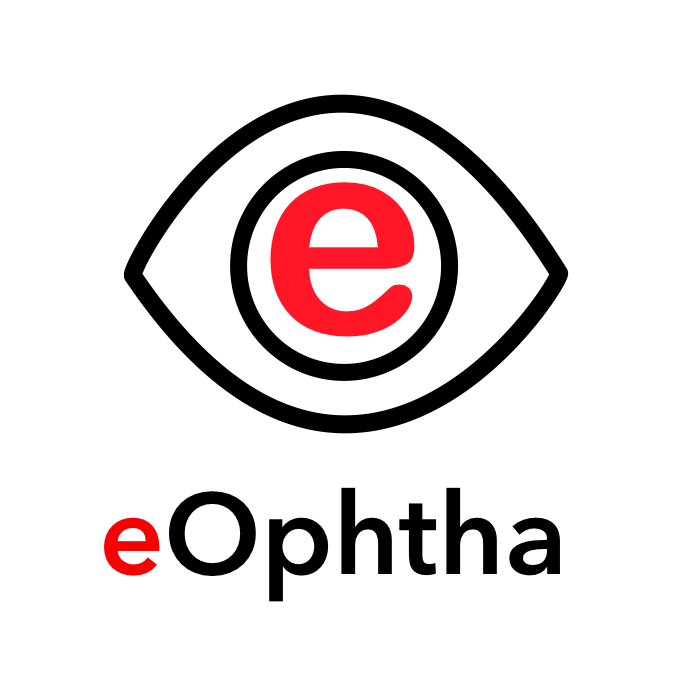Research forms an important part in the development of the scientific community. It has implications for formation of policies and future implementation. For many of us it is the first time navigating through uncharted territories while many have tread this path repeatedly. But a question that remains in every researcher's mind is what one must keep in mind before formally taking up the study that would make the research acceptable in the scientific space. At eOphtha we are introducing a section “Editors’ Take” where we would help bring to you the views and inputs of some of the reputed reviewers and researchers in the field of ophthalmology. We hope this would help further the research aspirations of our readers and bring to light some interesting perspectives from the who’s who in the vast world of research. In our first chapter we had the opportunity to get the perspective from Professor Francesco Bandello from the prestigious Raffael Hospital in Milan. Professor Bandello gives us an insight into the key points a researcher must know about the publication process such as peer reviews, errors, understanding recommendations and criticism.
Prof. Francesco Bandello is head of the Ophthalmology Unit of the IRCCS San Raffaele Hospital in Milan.He also holds numerous positions at the Vita-Salute San Raffaele University of Milan, including President of the Degree Course in Medicine and Surgery, Full Professor of Ophthalmology, Director of the  School of Specialization in Ophthalmology and Director of the Ophthalmology Clinic.Winner of numerous awards, including in 2011 the "Gabriel Coscas Medal" for exceptional contributions in the field of retinal diseases and the "SOI Prize Scientific Research Project 2017" for the project "Role of Monocytes Patrolling in Diabetic Macular Edema", he is Principal Investigator in numerous multicenter studies in the field of retinal and choroidal diseases.Author of 560 scientific publications and 11 monographs, he is Editor-in-Chief of the scientific journalsEuropean Journal of OphthalmologyandDevelopments in Ophthalmologyand member of the Editorial Board of over 10 other newspapers of international scope.He is also a member of the Board of Directors of ESASO Foundation (European School for Advanced Studies in Ophthalmology), President of the European Ophthalmological Academy, as well as an expert reviewer for the National Institute of Health (NIH) of the United States of America for research projects in the retina field.
School of Specialization in Ophthalmology and Director of the Ophthalmology Clinic.Winner of numerous awards, including in 2011 the "Gabriel Coscas Medal" for exceptional contributions in the field of retinal diseases and the "SOI Prize Scientific Research Project 2017" for the project "Role of Monocytes Patrolling in Diabetic Macular Edema", he is Principal Investigator in numerous multicenter studies in the field of retinal and choroidal diseases.Author of 560 scientific publications and 11 monographs, he is Editor-in-Chief of the scientific journalsEuropean Journal of OphthalmologyandDevelopments in Ophthalmologyand member of the Editorial Board of over 10 other newspapers of international scope.He is also a member of the Board of Directors of ESASO Foundation (European School for Advanced Studies in Ophthalmology), President of the European Ophthalmological Academy, as well as an expert reviewer for the National Institute of Health (NIH) of the United States of America for research projects in the retina field.
eOphtha: When you receive an article, what are the most critical aspects of the article which helps you decide to send it for peer review or not?
Francesco Bandello:
1. Scientific structure of the article and method followed in carrying out the research
2. Topicality of the topic
3. Credibility of the authors and the institution to which they belong
4. Topic within the field of interest of the magazine
eOphtha: In your experience, what are the most common mistakes authors make when compiling their work and seeking publication?
Francesco Bandello:Inadequate clarity in the logical presentation of the topic, of the question to which authors tried to answer, in the method followed (to make it reproducible by others), and in the meaning that is attributed to the results obtained
eOphtha: What would you advise authors to handle recommendations and criticism from reviewers or editors?
Francesco Bandello:In the vast majority of cases the criticisms of the referees are aimed at improving the work and should not be seen as an offense by the authors. Sometimes this escapestheauthors who, sensibly, have fallen in love with their idea and fail to be sufficiently objective
eOphtha: How do you manage time for such a big responsibility, in addition to your clinical, administrative, and personal commitments?
Francesco Bandello:The only way for me is to do it whenever I have some time free. This usually happens very early in the morning each day and during the weekend. The mobile phone helps a lot for using every single piece of time
eOphtha: What are the three tips you would want to give to young researchers who have just started writing?
Francesco Bandello: Study the basics of the scientific method. Many times an excellent idea is likely to be badly received only because of an inadequate presentation or a bad method used to demonstrate its validity
